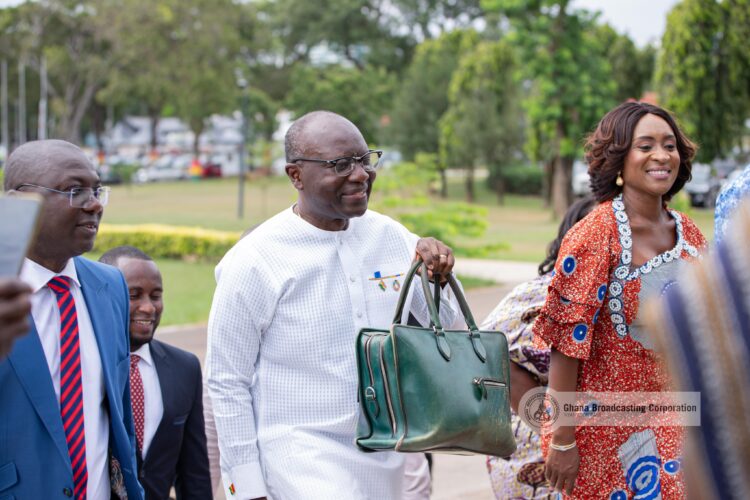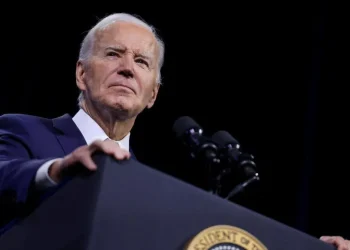In a move aimed at promoting environmentally friendly transportation and supporting the growth of the electric vehicle (EV) industry, Ghana’s Finance Minister, Ken Ofori Atta, has announced a tax waiver for a number of business activities involving electric vehicles in the 2024 Budget and Economic Policy Presentation.
Addressing Parliament, the Finance Minister outlined key fiscal policies for the 2024 financial year, with a particular focus on the promotion of sustainable transportation, promoting local economic growth, and a speedy economic recovery.
Mr. Ofori Atta highlighted significant measures, stating the government will “Waive import duties on import of electric vehicles for public transportation for a period of 8 years.”
This move signals the government’s commitment to encouraging the adoption of electric vehicles in the public transportation sector, aiming to reduce carbon emissions and promote cleaner urban mobility.
Additionally, the Finance Minister announced the waiver of import duties on semi-knocked down and completely knocked down electric vehicles imported by registered EV assembly companies in Ghana for a similar period of 8 years.
This initiative also seems to be aimed at incentivizing local assembly operations in the electric vehicle sector, contributing to the development of a sustainable automotive industry within the country.
Ghana’s Energy Commission says in a GHANA ELECTRIC VEHICLES BASELINE SURVEY REPORT 2022 that “The end-use sector with the biggest reliance on fossil fuels, transportation accounts for 37% of the carbon dioxide (CO2) produced thus, to reduce emissions by 64 MtCO2e by 2030, Ghana has designated transportation as one of its adaptation and resilience areas. Road transportation alone was responsible for 11.11% of Ghana’s overall CO2 emissions in 2016 and has had a cumulative impact of 59.9% from the year 2000, according to the Ghana Environmental Protection Agency”
It appears EV penetration in Ghana has been improving over the years with the International Trade Centre reporting that “about 17,660 PEVs were imported into Ghana
between January 2017 and December 2021”.
despite a high electricity access rate (87%), excess capacity in electricity generation (2000 MW), and renewable energy share of Ghana’s electricity mix (34.65%), Ghana is suitable for the introduction yet it is important that the introduction is done gradually in order not to disrupt Ghana’s energy structures.
It is important for policy to be comprehensive in driving the drift from fossil energy to a more climate-friendly and sustainable source of energy.
















